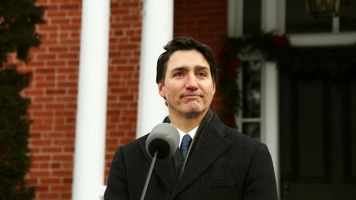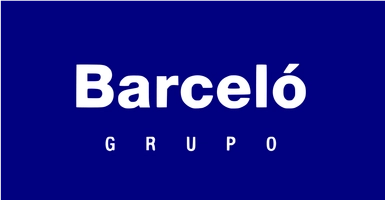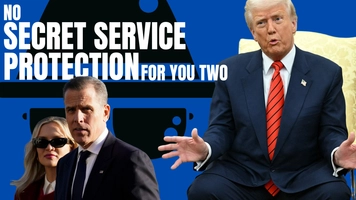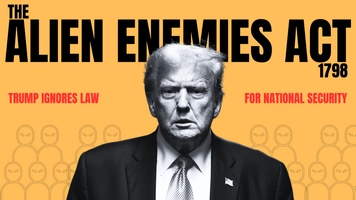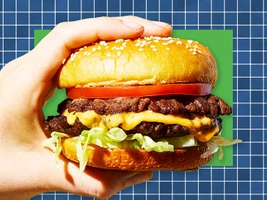Justin Trudeau’s Possible Resignation Sparks Uncertainty In Canadian Politics
Share your thoughts on Justin Trudeau’s potential decision to resign as Liberal Party leader, marking a turning point in Canadian politics, before the upcoming elections.
Published Jan 8, 2025
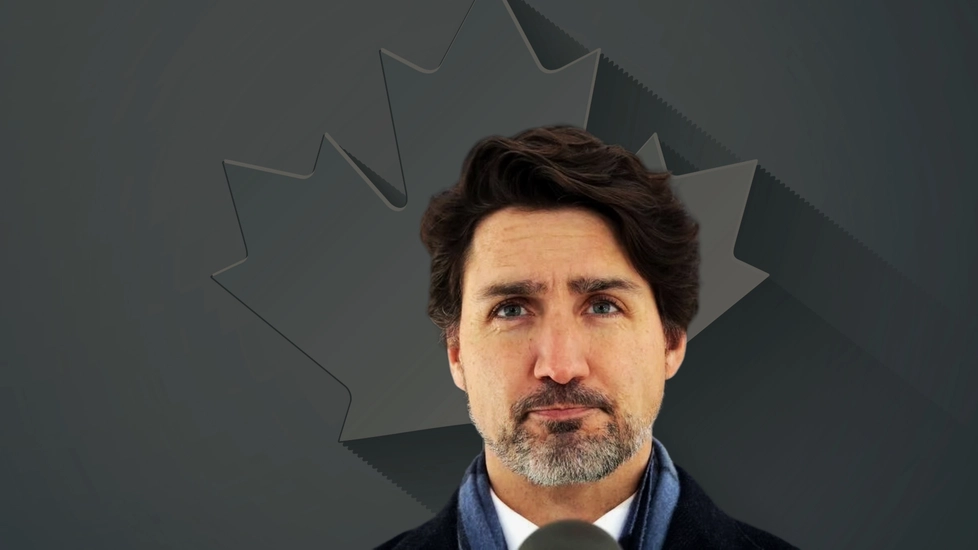
Table of Contents
- Internal Party Pressure and a Looming Leadership Vacuum
- Broader Political Implications
- A Nation Awaits the Next Chapter
In a surprising political development, Canadian Prime Minister Justin Trudeau is expected to resign as the leader of the Liberal Party, potentially as early as this week, with some reports suggesting Monday.
After over a decade in power, Trudeau's decision follows years of political challenges and declining support among the public, leaving the nation and his party at a crossroads.
Trudeau initially rose to power in 2015 on a wave of optimism, championing progressive policies on climate change, women's rights, and equality under the banner of "sunny ways." However, public opinion polls now show that the Liberals are trailing 20 points behind the opposition Conservatives, led by Pierre Poilievre.
This has led to a dramatic shift, prompting rings for Trudeau’s resignation, as the speculation intensifies for the next federal election in October 2025.
Internal Party Pressure and a Looming Leadership Vacuum
Trudeau's expected resignation appears to be influenced by the factor that there has been growing internal pressure within the Liberal Party. The recent departure of Finance Minister Chrystia Freeland in December worsened internal discontentment, with MPs slamming Trudeau's leadership.
Reports from The Globe and Mail suggest he might step down ahead of a key national caucus meeting to avoid being perceived as ousted by his own party members in the house.
His resignation could plunge the Liberal Party into a period of instability, as a leadership race, requiring at least four months under party rules, would leave an interim leader navigating crucial political challenges.
Names like Dominic LeBlanc, who filled Freeland's role, have been floated as potential interim leaders. However, questions remain about whether LeBlanc or others will pursue permanent leadership roles.
Broader Political Implications
Trudeau’s potential departure comes at a time of heightened political and international stakes. Canada’s relationship with the incoming U.S. administration of President-elect Donald Trump could present immediate challenges, particularly given Trump’s previously vocal disdain for Trudeau.
Domestically, the Liberal Party faces significant hurdles in regaining public trust and countering the Conservative Party’s growing popularity.
Trudeau’s legacy is marked by bold policies and high-profile controversies, and he will undergo renewed scrutiny as Canada braces for a leadership transition.
Whether the Liberal Party can maintain unity and momentum in the face of a Conservative surge remains a topic of discussion, but the outcome of the forthcoming leadership race will be interesting to watch out for in the future.
A Nation Awaits the Next Chapter
As Trudeau prepares to step down, Canada enters a period of uncertainty, with the Liberal Party reorganizing and presenting a strong front critical to its survival.
The focus now shifts towards who will rise to lead the party and how they will contend with the Conservatives' growing strength, setting the scene for an election that could very well redefine the political sphere in Canadian politics.
Also Read:
- Donald Trump Sparks Controversy With Bold Christmas Messages On Canada, Panama, And Greenland
- Donald Trump Faces Sentencing Just Days Before Presidential Inauguration On January 20th
- Biden Approves $6 Billion In Ukraine Aid As Trump Promises A New Approach
Write a comment
Comments
No Comments Yet
Related Posts
Trending
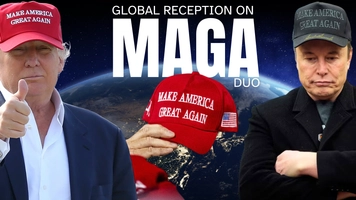
Global Reactions To The MAGA Duo: Trump And Musk’s Alliance Under The Microscope
Amanda Lee Swanson
• Apr 10, 2025
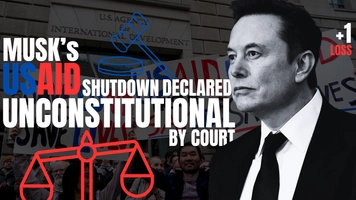
Judge Rules Against Musk’s USAID Shutdown, Orders Immediate Reinstatement
Amanda Lee Swanson
• Mar 23, 2025
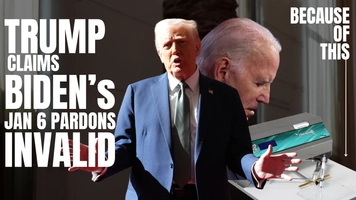
Trump Seeks To Invalidate Biden’s Pardons, Citing Autopen Signatures
Amanda Lee Swanson
• Mar 19, 2025

